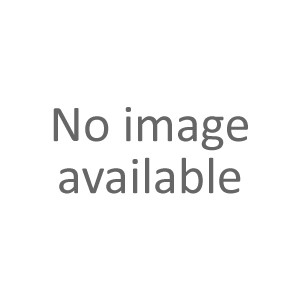Cart
A clear understanding of the effects of torsion on concrete
members is essential to the safe, economical design of reinforced
and prestressed concrete members. This report begins with a brief
and systematic summary of the 180-year history of torsion of
structural concrete members, new and updated theories and their
applications, and a historical overview outlining the development
of research on torsion of structural concrete members. Historical
theories and truss models include classical theories of Navier,
Saint-Venant, and Bredt, the three-dimensional (3-D) space truss of
Rausch, the equilibrium (plasticity) truss model of Nielson as well
as Lampert and Thurlimann, the compression field theory (CFT)
by Collins and Mitchell, and the softened truss model (STM) by
Hsu and Mo.
This report emphasizes that it is essential to the analysis of torsion
in reinforced concrete that members should: 1) satisfy the equilibrium
condition (Mohr's stress circle), 2) obey the compatibility
condition (Mohr's strain circle), and 3) establish the constitutive
relationships of materials such as the 'softened' stress-strain relationship
of concrete and 'smeared' stress-strain relationship of
steel bars.
The behavior of members subjected to torsion combined with
bending moment, axial load, and shear is discussed. This report
deals with design issues, including compatibility torsion, spandrel
beams, torsional limit design, open sections, and size effects.
The final two chapters are devoted to the detailing requirements
of transverse and longitudinal reinforcement in torsional members
with detailed, step-by-step design examples for two beams under
torsion using ACI (ACI 318-11), European (EC2-04), and Canadian
Standards Association (CSA-A23.3-04) standards. Two design
examples are given to illustrate the steps involved in torsion design.
Design Example 1 is a rectangular reinforced concrete beam under
pure torsion, and Design Example 2 is a prestressed concrete
girder under combined torsion, shear, and flexure.

